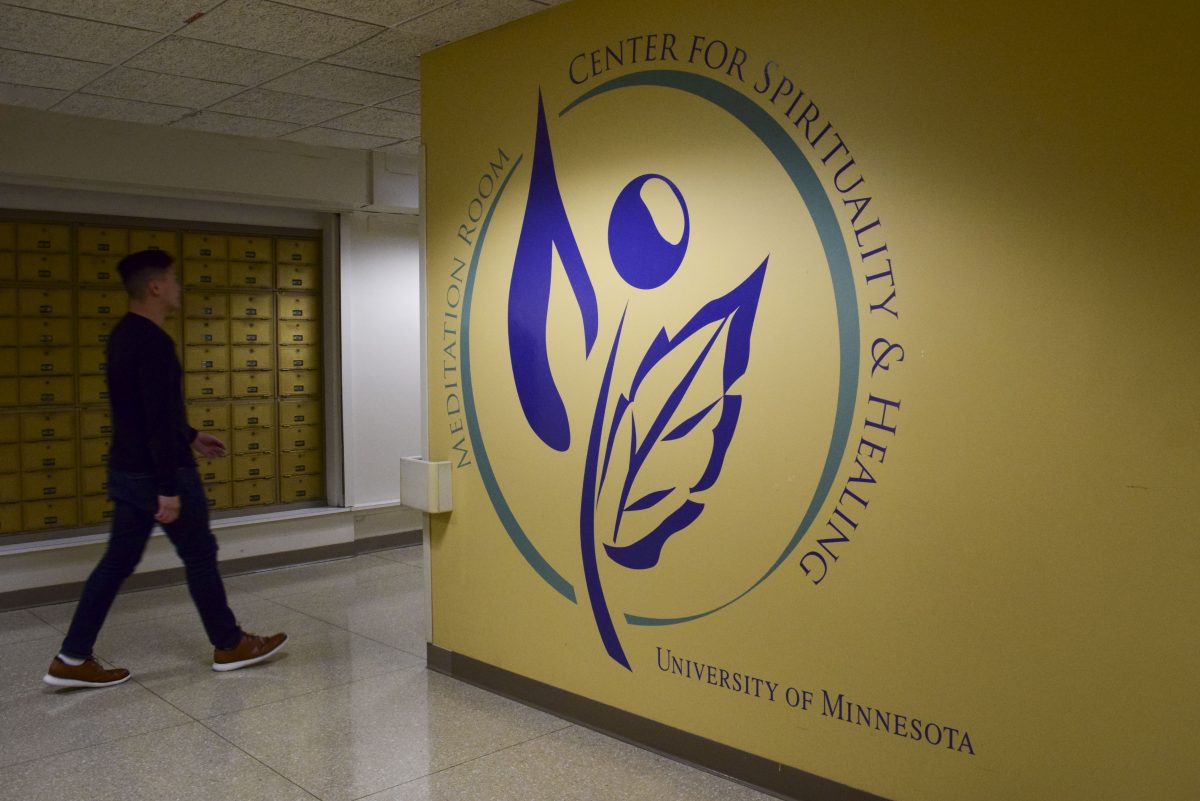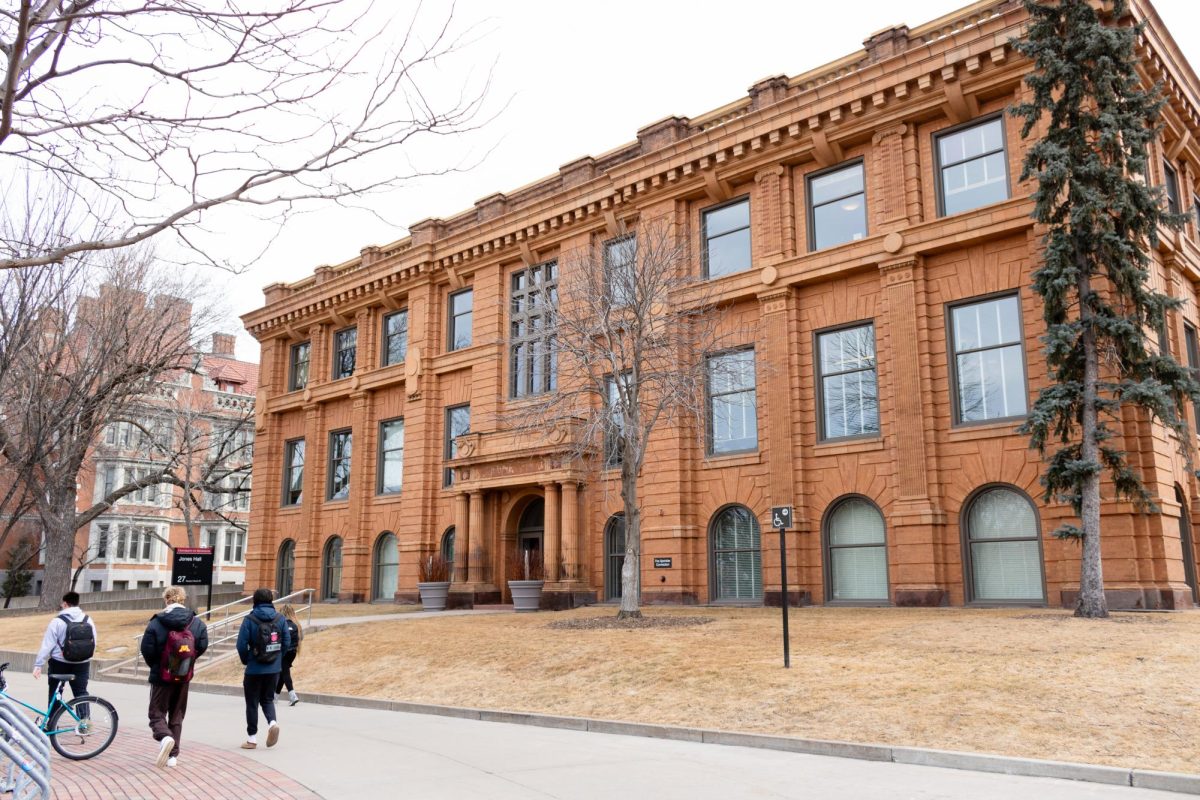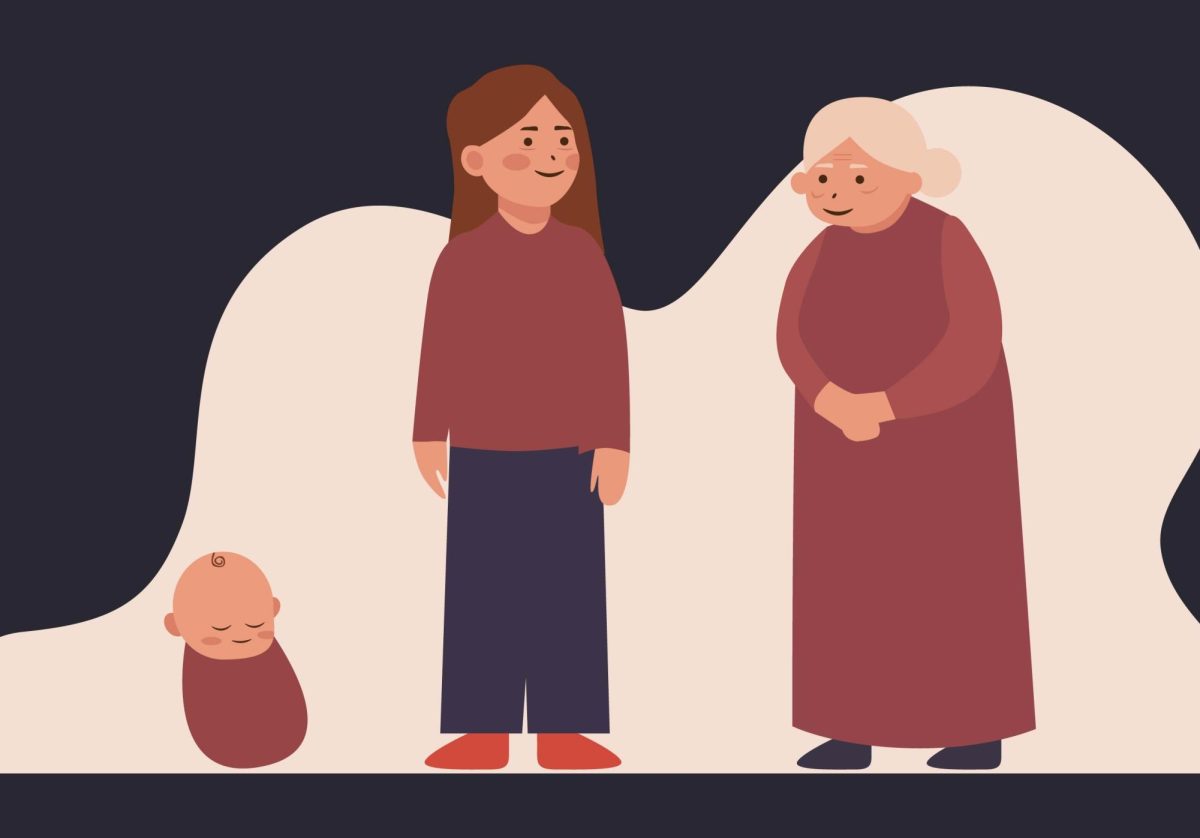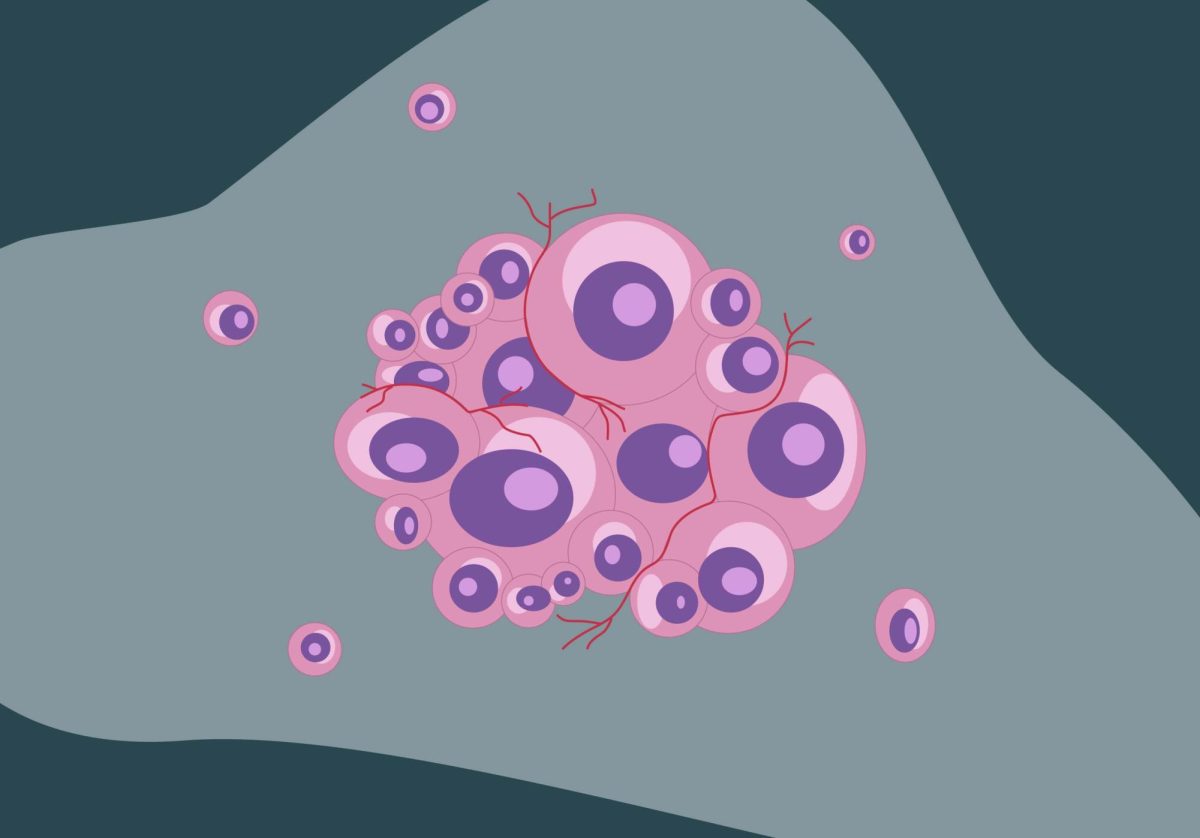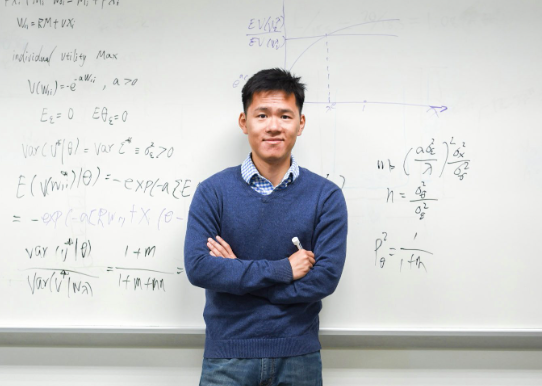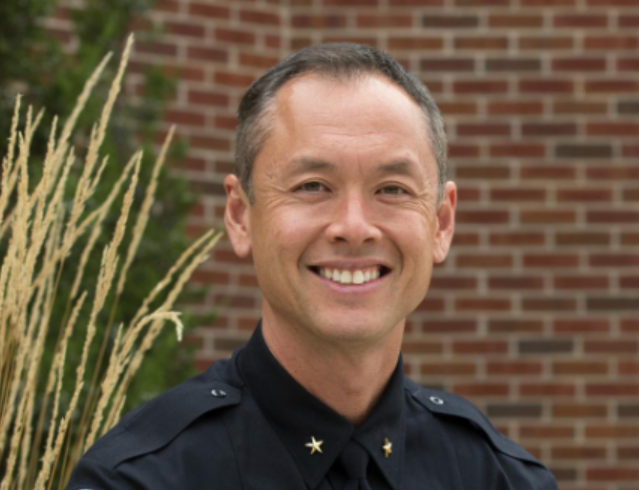The Earl E. Bakken Center for Spirituality and Healing focuses on student and faculty wellness through events, webinars, and classes centered around wellness topics, such as meditation, stress management and personal development.
Mary Jo Kreitzer, who holds a doctorate in health services research from the University of Minnesota, founded the Bakken Center in 1995 after she learned about an increase in public interest involving practicing different self-care methods.
With the rise of complementary medicine — treatment that can be used alongside traditional medicine, such as dietary supplements and therapies — and alternative medicine, which is non-traditional treatments such as herbalism, Kreitzer said the University wanted to do research on these healing approaches.
“My colleagues and I felt like the center was about spirituality and healing,” Kreitzer said. “We really focus a lot of our work on wellbeing and developing research and education initiatives.”
Kreitzer said she founded the Bakken Center to explore ways to care for people from a holistic approach, focusing on the mind, body and spirit through integrative health, which centers on a combination of complementary and alternative medicine by using studies.
The Bakken Center hosts events for students, faculty and the public, such as their weekly “Mindful Mondays” centered around guided meditation and mindfulness classes. Student events are free, while some webinars and workshops are pay-as-you-can.
“If a student wants to register for something and has no money and can’t pay anything, we can accept a certain number of people that pay nothing,” Kreitzer said. “Our desire [was] to make sure there were not economic barriers to participating in our programming.”
The Bakken Center and the University were early leaders of holistic health research, according to Kreitzer. As a result of the Bakken Center’s establishment, the University became one of seven institutions to create the Academic Consortium for Integrative Medicine and Health, which focuses on the same research.
“People were saying to their doctors, hospitals, healthcare systems and legislators that there’s more to healing than conventional biomedicine and the way that’s been practiced, so we want to be able to access that,” Kreitzer said.
Feedback from their events helped propose ideas to the University about how to better accommodate student and faculty wellbeing, including more mental health resources and healthy food on campus, according to Kreitzer.
“We collect data on all the programming we do because we’re really concerned about how we measure the impact of what we do,” Kreitzer said. “We participate in many University committees to try to advance these ideas.”
Kate Eskuri teaches a class offered through the Bakken Center about integrative health techniques and learning how to take care of oneself.
Eskuri said she encourages students to try different forms of integrative health by creating an open environment in class and reading feedback from other students about methods they tried.
“Everyone’s definition of health looks very different, so I never want every student to feel like ‘this is what you have to do in order to be well,’” Eskuri said. “I want it to be more ‘here’s a variety of tools, you can experiment, try them out and find what works for you.”
Assignments in Eskuri’s class revolve around different integrative health practices, such as daily meditations or integrative therapies for students, along with logging their experiences for a grade.
“I try to meet students where they’re at because it’s a different world of health, but I understand that not everyone has the knowledge that I do or another student might,” Eskuri said. “What I’m trying to do is make health feel realistic for busy college students.”
In addition to classes and research, the Bakken Center partners with the University Recreation and Wellness Center (RecWell) and Boynton Health for health-related initiatives, such as guest lectures and the integrative wellness master’s program.
George Brown, director of RecWell, said the RecWell has a long-standing relationship with Kreitzer and the Bakken Center. Both Brown and Kreitzer were on the MPACT25 committee, an initiative started by the University to advance research, teaching and service.
Their role on the committee focused on student stress and sleep management, according to Brown.
“Our relationship was to amplify many of the great programs and services they were already doing,” Brown said.
Most people utilize RecWell as a place to work out and strengthen their cardiovascular and muscular system, but working with the Bakken Center helped the RecWell explore more than just physical health, according to Brown.
The Bakken Center has given lectures in-person and virtually at the RecWell on topics such as nutrition, mindfulness and workplace wellbeing.
“What we heard back from people through evaluations was that people were changing their lifestyle, they were being more aware of their mental health,” Brown said. “It’s a natural relationship for us and I think MPACT has really accentuated the need for us to be more collaborative.”
Eskuri said having the Bakken Center as a resource for students is important because of the fast-paced world students live in.
“We all can feel the pressure of our fast-paced world,” Eskuri said. “I feel like these courses equip students to get through their schooling and protect their mental and physical well-being. They’re going to teach you how to be well in a new way.”


